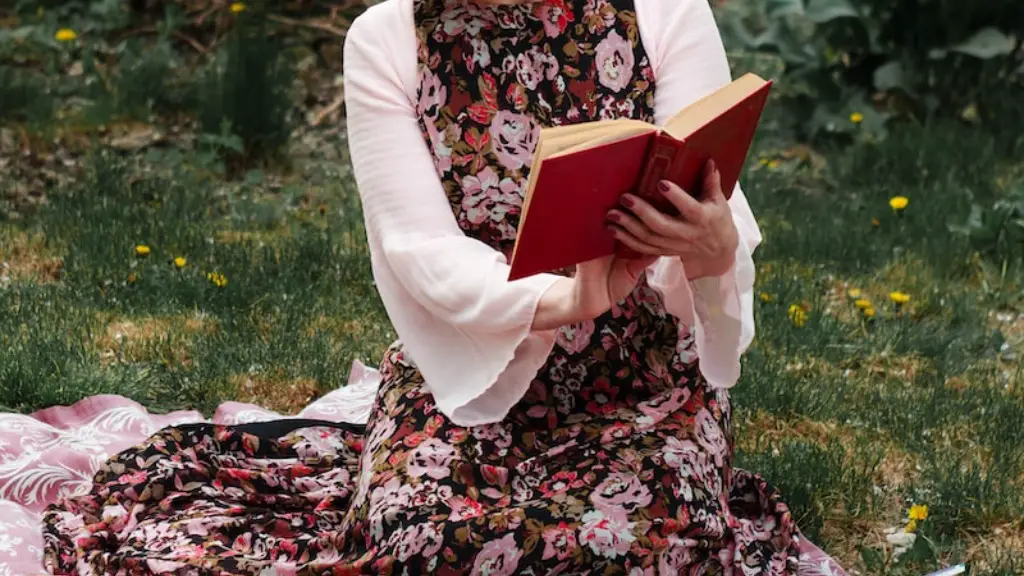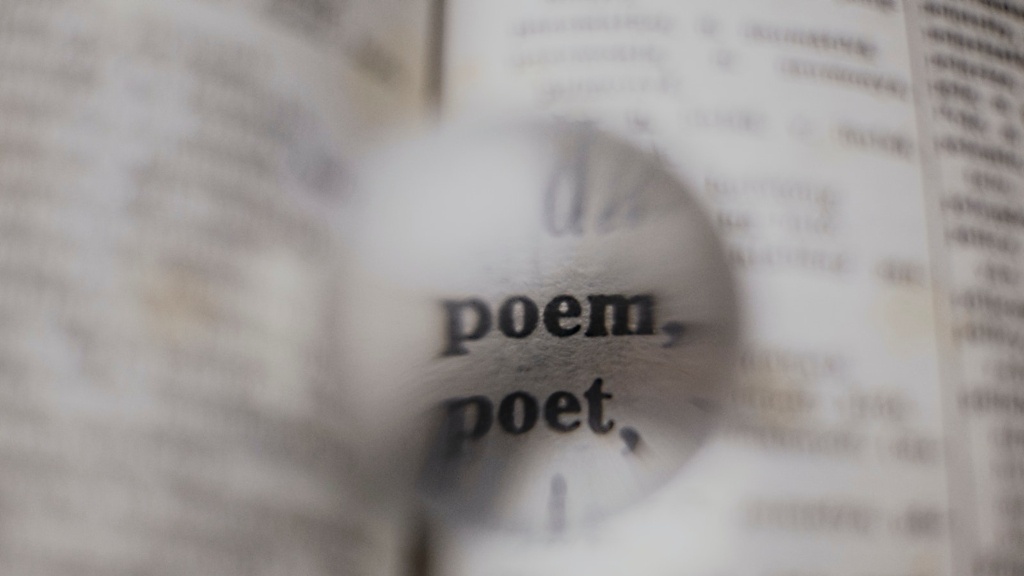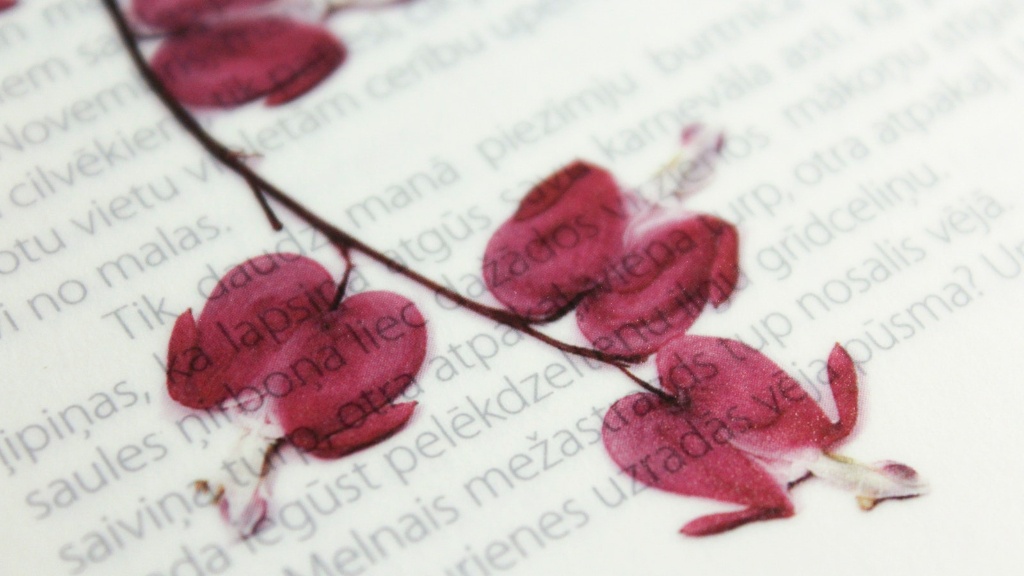Introduction
Publishing your own poetry is an incredibly rewarding experience. It gives you the ability to reach a wide audience, build your reputation as a poet, and get recognition for your work. But it’s not an easy task. Publishing your own poetry takes commitment, skill, and hard work. This article is an overview of the main steps you should follow to successfully publish your own poetry.
Research
The first thing you should do is to do your research. Before you can even think about publishing your poetry, you should be familiar with the different forms of publishing available as well as the different types of poetry. You should research traditional publishing houses, online publishing platforms, and printed magazines and journals. It is also important to familiarize yourself with the different types of poetry and which genres of poetry are popular. You should also read and research the works of other poets to gain an understanding of their styles and approaches.
Writing
Once you have a good understanding of the different types of poetry, the next step is to actually start writing. It is important to set aside time on a regular basis to write so that you can stay sharp and inspired. Set goals for yourself, such as writing at least one poem a week or completing a finished poem a month. Read your work aloud and give yourself deadlines to keep yourself motivated.
Editing
Once you have written your poem, it is important to give it a thorough edit before submitting it. This can help you perfect your poem, ensure that it conveys the meaning you intended, and improve your chances of getting it accepted. It is a good idea to edit your work multiple times, not just once; this will allow you to catch any typos or errors that you may have missed in earlier passes.
Submitting
Once you have edited your poem satisfactorily, the next step is to submit it. Depending on where you are submitting, you may need to follow specific guidelines, so make sure you read any instructions thoroughly so that you do it correctly. It can often take weeks or even months to hear back, so don’t be discouraged if it takes a while.
Marketing
Once you have been accepted, the next step is to market your work. This involves creating a website or blog, writing press releases, and reaching out to reviewers and critics. It is also important to build relationships with other poets and to promote your work on social media. Don’t be afraid to ask friends, family, and acquaintances to share your work to increase your reach.
Networking
Networking is key to being a successful poet. It allows you to connect with other poets, editors, and publishers, and to share your work and get feedback. It can also help you to gain exposure and recognition for your work. Make sure to attend readings and open mics, and be active on social media.
Collaboration
Collaborating with other poets can be a great way to break into the publishing world. It involves exchanging ideas, feedback, and resources, which can help to improve your work and increase your chances of getting published. It can also be a great way to get feedback from experienced poets in order to hone your skills.
Self-Publishing
Self-publishing is another great option for poets who want to get their work out there. It gives you complete control over the publication process and enables you to take full ownership of your work. It also allows you to bypass the traditional publishing gatekeepers, which can often be difficult to navigate.
Technology and Tools
Using technology and tools to help you in your publishing journey is also a great idea. There are a number of platforms and tools that can help streamline the process, such as design and editing programs and printing services. These can be incredibly useful in helping to make sure that your work looks professional and high-quality before it reaches readers.
Finances
Finally, it is important to consider the financial aspect of publishing your own poetry. Depending on the type of publication you pursue, there may be costs associated with it. You should factor in these costs when deciding which route to go. Additionally, it is important to consider the sources of income that you may be eligible for when you publish your work, such as book sales and royalties.
Getting Started
Getting started in the publishing world can seem overwhelming at first, but it is definitely achievable. With a lot of dedication, creative work, and some help from technology and tools, you can make your dream of getting your work published a reality. So don’t be afraid to set yourself up for success.
Publishing Platforms
When it comes to getting your poetry published, there are a few different types of publishing options available. You could choose to go through a traditional publisher, you could use an online publishing platform or you could self-publish by creating your own website or blog. Each option has its own pros and cons, so it is important to do your research and find the one that is right for you.
Know Your Rights
Before you submit your work for publication, it is important to make sure you know your rights. You should do research to find out what types of rights you will own over your work, and what royalty or payment rights you will be entitled to. This information should be included in any publication agreement, so it is important to read it carefully and understand what you are agreeing to.
Finding a Publisher
If you choose to seek publication through a traditional publisher, you should make sure to do your research. Read reviews, compare different publishing houses, and look into what type of work they normally publish. You should also make sure to read their submission guidelines carefully and follow them to the letter. This can help to make sure your work is accepted.
Preparation
It is also important to make sure that you have prepared your work before submitting it. This means that you should have your contact information, bio, and any relevant artwork or materials ready to send to the publisher or platform. You should also make sure that your work is formatted to their specifications. Preparation is key to making sure your work is accepted.
Perseverance
Finally, publishing your own poetry requires a lot of perseverance. Rejection is part of the process and you will likely hear “no” more than once before you get a “yes.” Don’t be discouraged; instead, keep submitting your work and honing and improving it. With patience and determination, you will eventually get published.




